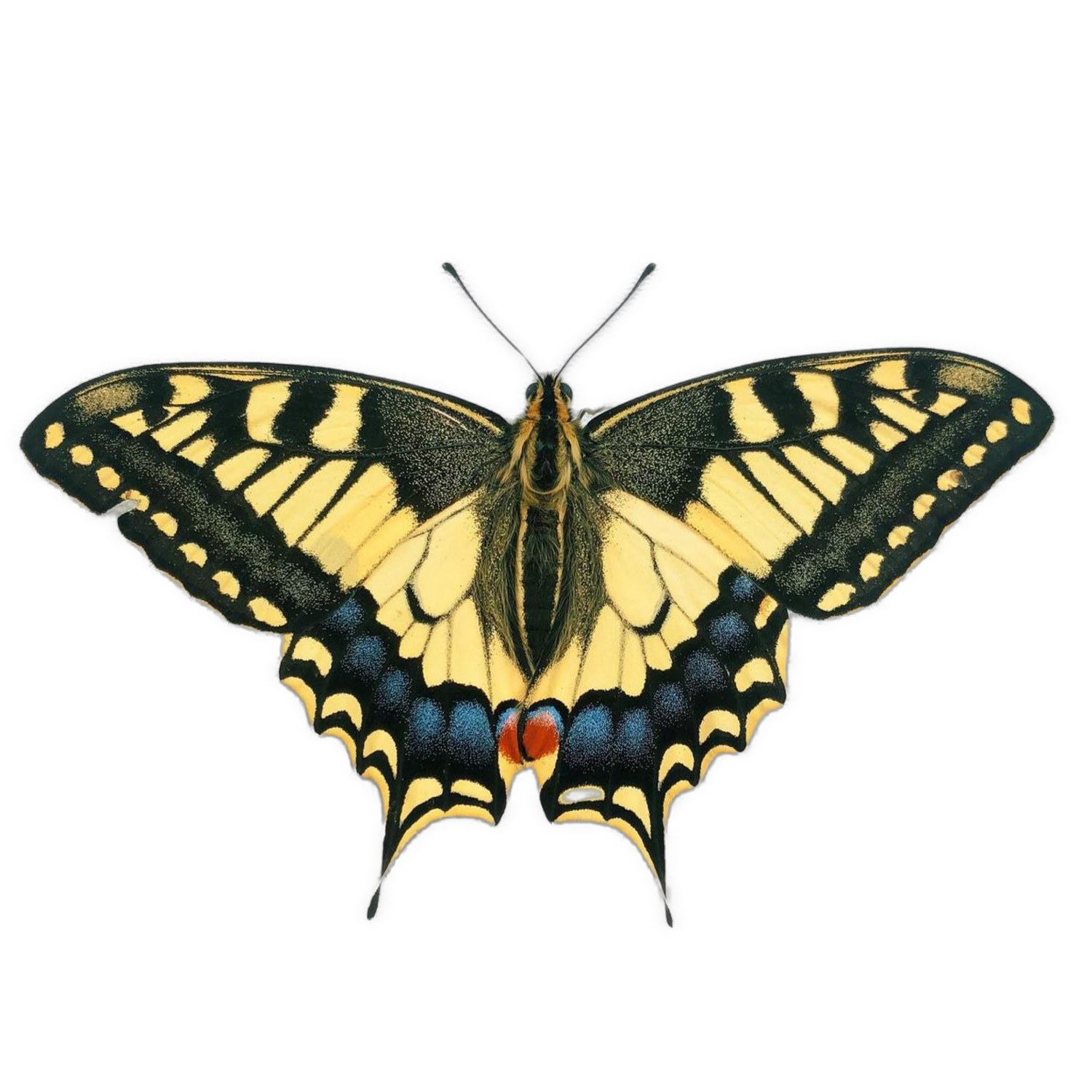Cerura vinula EGGS
Puss Moths (Cerura vinula) are a favourite for many experienced hobbyists, having one of the most striking and easily-reared caterpillars of any species in the UK. The moth itself is relatively small and easy to dismiss as drab at first glance, however further inspection shows this species has beautiful, intricately patterned wings with shades of white and silver. Caterpillars are completely undemanding, as long as they have fresh leaves to consume, and when mature turn bright orange-pink before constructing a rock solid cocoon within which they pupate and spend the winter. Moths emerge from early to late spring with only a single brood each year. Conveniently, a variety of host plants are also accepted by this species (listed below).
Difficulty - Easy (1/10)
Host plants - Willow; Hawthorn; Birch; Alder; Oak; fruit trees; undoubtedly others
Conditions - Room temperature or outside
Lifecycle - Single brood; cocoons overwinter
Puss Moths (Cerura vinula) are a favourite for many experienced hobbyists, having one of the most striking and easily-reared caterpillars of any species in the UK. The moth itself is relatively small and easy to dismiss as drab at first glance, however further inspection shows this species has beautiful, intricately patterned wings with shades of white and silver. Caterpillars are completely undemanding, as long as they have fresh leaves to consume, and when mature turn bright orange-pink before constructing a rock solid cocoon within which they pupate and spend the winter. Moths emerge from early to late spring with only a single brood each year. Conveniently, a variety of host plants are also accepted by this species (listed below).
Difficulty - Easy (1/10)
Host plants - Willow; Hawthorn; Birch; Alder; Oak; fruit trees; undoubtedly others
Conditions - Room temperature or outside
Lifecycle - Single brood; cocoons overwinter
Puss Moths (Cerura vinula) are a favourite for many experienced hobbyists, having one of the most striking and easily-reared caterpillars of any species in the UK. The moth itself is relatively small and easy to dismiss as drab at first glance, however further inspection shows this species has beautiful, intricately patterned wings with shades of white and silver. Caterpillars are completely undemanding, as long as they have fresh leaves to consume, and when mature turn bright orange-pink before constructing a rock solid cocoon within which they pupate and spend the winter. Moths emerge from early to late spring with only a single brood each year. Conveniently, a variety of host plants are also accepted by this species (listed below).
Difficulty - Easy (1/10)
Host plants - Willow; Hawthorn; Birch; Alder; Oak; fruit trees; undoubtedly others
Conditions - Room temperature or outside
Lifecycle - Single brood; cocoons overwinter

